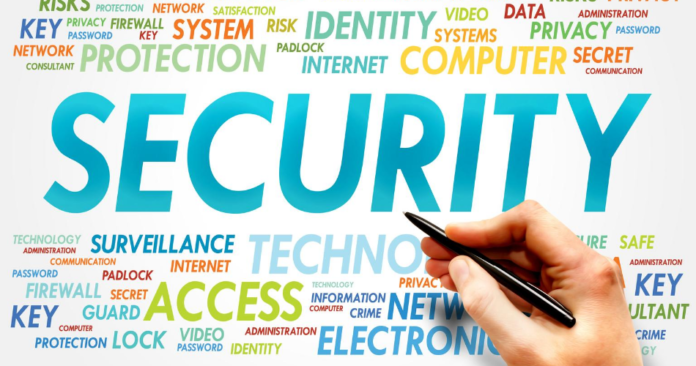In an age of increasing cyber threats, it’s more important than ever to ensure that your communications are secure. Here are some tips to help you protect your data:
Use a reputable messaging app
When it comes to secure communication, using a reputable messaging app is essential. There are a number of factors to consider when choosing an app, but security should be at the top of the list. Look for an app that offers end-to-end encryption, as this will ensure that your messages can only be read by the intended recipients. Transport encryption is also important, but it doesn’t offer the same level of protection. Once you’ve found an app that meets your security needs, be sure to research its other features to find one that’s right for you. WhatsApp, for example, offers a variety of convenient features in addition to its strong security measures.
Use MSAT satellite phone
Secure communications are critical for businesses, government agencies, and first responders. Maintaining secure communications can be a challenge, especially in emergencies when traditional phone and internet service may be unavailable. Satellite phones offer a dependable way to stay connected, with clear voice quality and fast data speeds. The MSAT satellite phone is a great option for secure communications, with built-in encryption that helps to protect your calls from being intercepted. In addition, the MSAT phone has a rugged design that can withstand harsh conditions, making it ideal for use in the field. With its reliable service and robust features, the MSAT satellite phone is an essential tool for anyone who needs to maintain secure communications.
Enable two-factor authentication
In today’s digital world, it’s more important than ever to take steps to protect your online accounts from hackers. One simple but effective way to do this is to enable two-factor authentication. This adds an extra layer of security by requiring you to enter a code in addition to your password when logging in. The code can be generated by an app on your phone or sent to you via text message. Because the code is only valid for a limited time, it makes it much harder for hackers to gain access to your account even if they have your password. So if you’re looking for an easy way to boost your online security, make sure to enable two-factor authentication on all of your accounts.
Use a VPN
Another way to keep your communications secure is to use a VPN or Virtual Private Network. A VPN encrypts your internet traffic, making it more difficult for hackers to intercept your data. Additionally, a VPN can provide a measure of anonymity by hiding your IP address from websites you visit. This can be especially useful when traveling, as it can help you avoid online censorship. Whether you’re concerned about security, privacy, or both, a VPN is a valuable tool to have in your online arsenal.
Avoid using public Wi-Fi
It’s no secret that public Wi-Fi networks are far from secure. When you connect to a public Wi-Fi network, you’re putting your data at risk of being intercepted by hackers. Even if the Wi-Fi network is password-protected, it’s still possible for someone to eavesdrop on your traffic. That’s why it’s important to be cautious when using public Wi-Fi. If possible, avoid accessing sensitive data (e.g., banking information) when connected to a public Wi-Fi network. If you must use public Wi-Fi, be sure to connect to a reputable network. Look for networks that are encrypted and have strong security measures in place.
Keep your software up to date
As anyone who has ever been the victim of a hack can attest, security is paramount when it comes to communications. Whether you’re discussing sensitive business matters or sharing personal information, it’s essential that your conversations remain private. One of the best ways to safeguard your communications is to keep your software up to date. Regularly installing updates helps to close security vulnerabilities that could be exploited by hackers. In addition, using secure communication tools such as encrypted messaging apps can further protect your conversations from prying eyes.
Be cautious about clicking links and opening attachments
In the age of digital communications, it’s important to be aware of the dangers of clicking on links and opening attachments from unknown sources. Malicious links and attachments are often used to deliver malware or launch phishing attacks. These attacks can compromise your personal information or even hijack your entire computer. To protect yourself, be cautious about clicking on links and opening attachments, even if they appear to come from a trusted source. If you’re unsure about a link or attachment, you can always hover over it to see the URL before you click. And if you’re ever in doubt, err on the side of caution and don’t click.























